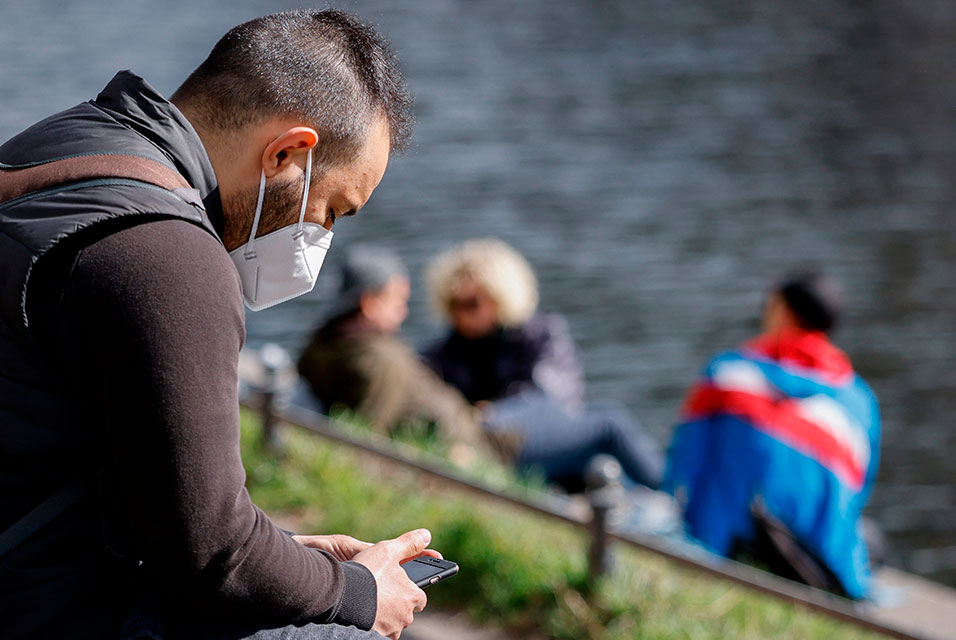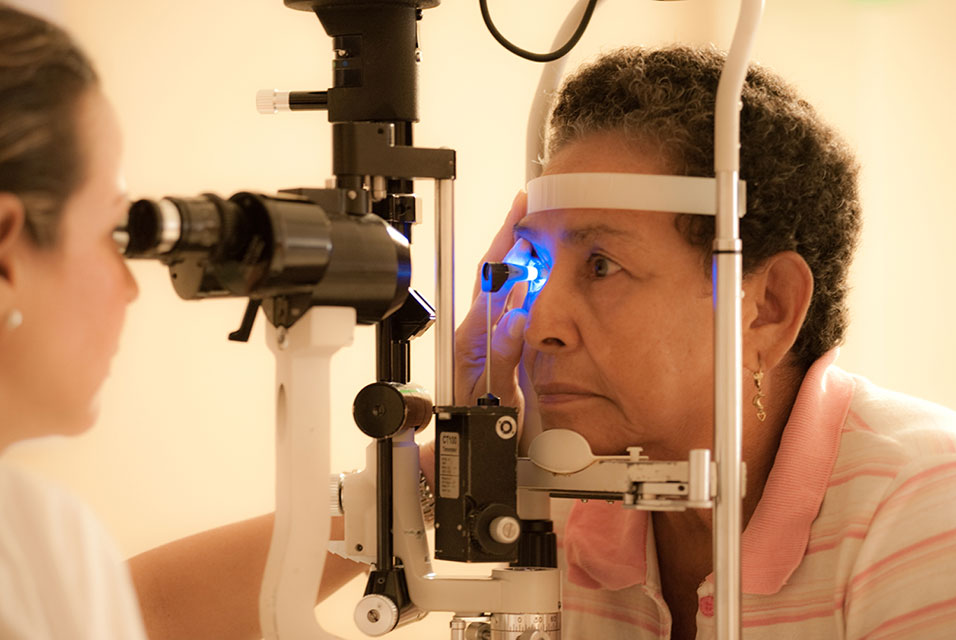CAMBRIDGE.- The model, developed by scientists at the
Universities of Cambridge and Liverpool, is published in the Journal of the Royal Society Interface. It uses mathematical equations to provide general insights about how COVID-19 will spread under different potential control scenarios.
Control measures involving facemasks, handwashing and short-scale (1-2 metre) social distancing can all limit the number of virus particles being spread between people. These are termed ‘non spatial’ measures to distinguish them from a second category of ‘spatial’ control measures that include lockdown and travel restrictions, which reduce how far virus particles can spread. The new model compares the efficacy of different combinations of measures in controlling the spread of COVID-19, and shows how non-spatial control needs to be ramped up as lockdown is lifted.
“More effective use of control measures like facemasks and handwashing would help us to stop the pandemic faster, or to get better results in halting transmission through the vaccination programme. This also means we could avoid another potential lockdown,” said Dr Yevhen Suprunenko, a Research Associate in the University of Cambridge’s Department of Plant Sciences and first author of the paper. The authors stress that their predictions rely on such non-spatial control measures being implemented effectively.
The model also considered the socio-economic impact of both types of measure, and how this changes during the pandemic. The socio-economic consequences of spatial measures such as lockdown have increased over time, while the cost of non-spatial control measures has decreased -for example, facemasks have become more widely available and people have become used to wearing them.
“Measures such as lockdowns that limit how far potentially infected people move can have a stronger impact on controlling the spread of disease, but methods that reduce the risk of transmission whenever people mix provide an inexpensive way to supplement them,” said Dr Stephen Cornell at the University of Liverpool, co-author of the paper.
The model arose from a broader research programme to identify control strategies for plant diseases threatening staple crops. By using a mathematical approach rather than a conventional computer simulation model, the authors were able to identify - for a wide range of scenarios - general insights on how to deal with newly emerging infectious diseases of plants and animals.
“Our new model will help us study how different infectious diseases can spread and become endemic. This will enable us to find better control strategies, and stop future epidemics faster and more efficiently,” said Professor Chris Gilligan in the University of Cambridge’s Department of Plant Sciences, co-author of the paper.
Part of the research was funded by the Bill and Melinda Gates Foundation.










